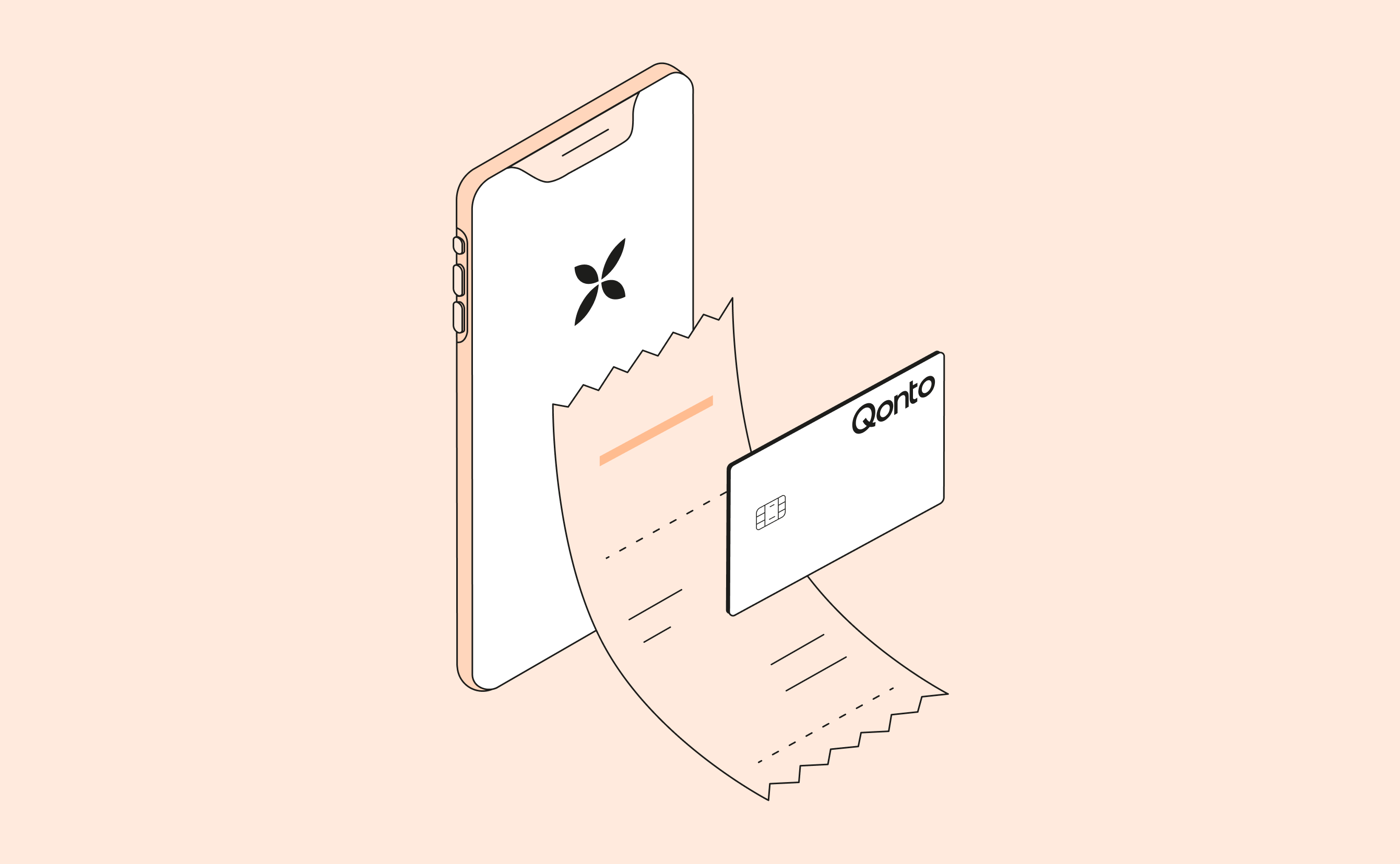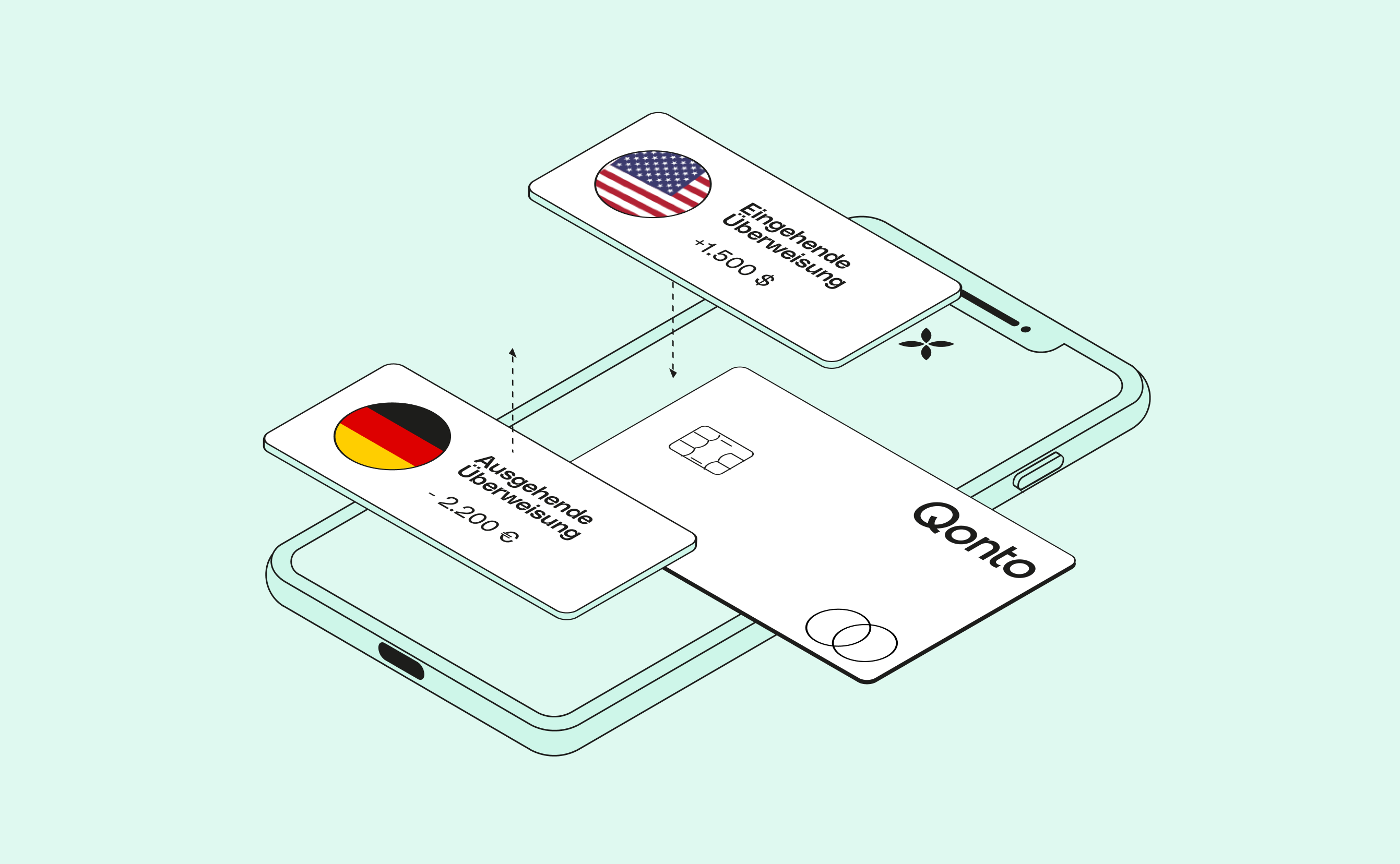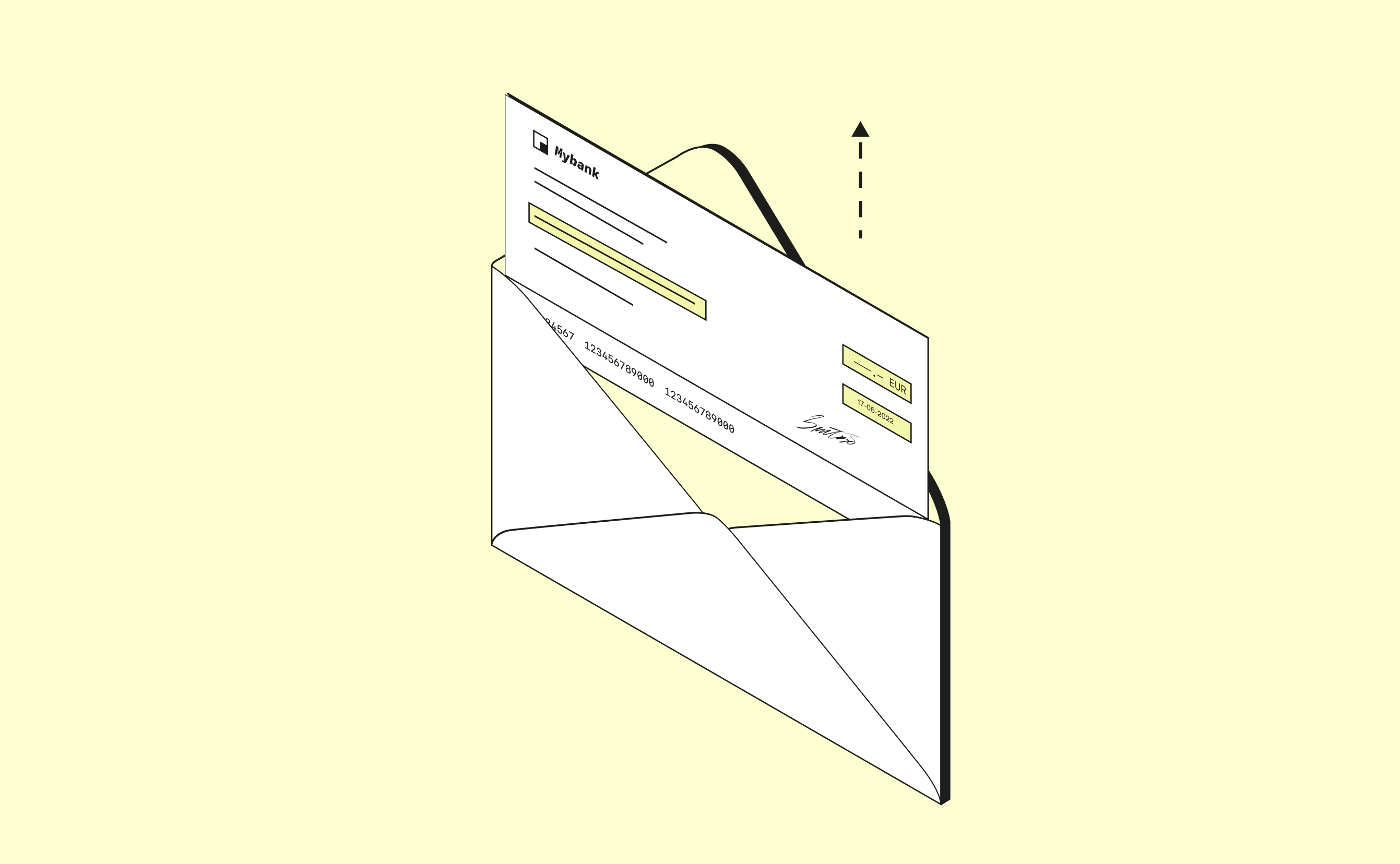You may feel bound to your current credit card in the same way you are to a house or car. You’ve entered a contractually binding financial relationship and it would be too much to get out of it, right?
Switching credit cards: what you need to know

Reasons for switching credit cards
Before deciding to switch credit cards, go through your financial situation and find reasons supporting the decision. Why do you feel, now, that you need to?
Your financial situation has changed
For better or worse, you may be in a different financial situation than you were when you first applied for your current credit card. A new job or expense may have entered your life, suddenly making either the repayment plan seem more difficult than it used to, or the credit allowance feel needlessly limiting.
You found a more suitable provider
Brand loyalty has its benefits, but that doesn’t mean you can’t shop around. Keep up to date on new deals, updates, new cards, and anything else that might better suit you right now or in the future.
You’re seeking better rewards
Similar to a change in your financial situation, you may suddenly find yourself benefitting from different rewards.
What to consider before switching credit cards
If you’ve determined switching credit cards will work out for you, there’s a few more things to consider. Certain financial conditions might be exacerbated by switching credit cards, despite the advantages you first discover.
What kind of card do I need?
What are your main concerns that you hope changing credit cards will address? If you’re suddenly flying more, an airmiles credit card could soften some of the costs with rewards that build up over time. If you want to save on grocery shopping, you could look into a supermarket rewards card.
Do I have any big expenses coming up?
Big purchases are going to disrupt your financial situation considerably. Because of this, you should avoid changing your situation further with a credit card change. Doing so could leave you open to credit score damage, because your credit will be assessed before being approved for the credit card. The assessor may give you a lower score due to you payments on a house or car or some such expense.
Will I be turned down?
There’s a possibility the card issuer of your new card might turn you down. Assess your own credit situation before switching credit cards:
- What are the credit limits of your current cards?
- Should you close any old accounts?
- What is your current available credit?
It’s advisable to have your credit score determined before deciding to switch, so you can prepare in advance for a rejection.
How does switching credit cards work?

Once you’ve decided the kind of card you want and you’re sure it’s the right decision, there’s a few steps required to reach your goal.
Contact your card issuer
If you’re sticking with the same issuer but applying for an upgrade, the process should be pretty simple once you contact your card issuer and ask to be walked through the process.
Get all the information you can
Once you’ve contacted your card issuer, make sure to ask the questions that will clarify your new credit card payment conditions.
- Will my credit limit change after switching?
- What will my new interest rate be?
- Will the switch involve a credit inquiry?
- Will my rewards on my old card transfer to my new one
- Do I need to pay off the balance on my current card before switching?
- Will my account number change?
The more you know when it comes to switching credit cards, the better. Think of this as your last chance to back out of switching credit cards, if you don’t get the answers you’re hoping for.
‘Hard’ and ‘soft’ credit pulls
Also called ‘credit inquiries’, ‘hard’ and ‘soft’ describe the kind of inquiry being made into your credit history. A credit inquiry will occur when you’re committing to a credit card switch or large purchase that will put you on a payment plan.
- New credit card application
- Mortgage, car loan, personal loan
- Signing up with a new phone or utility company
Soft credit pulls are when your credit history is brought up for something that isn’t a financial obligation. Rather than assessments of your ability to pay for something, a soft pull is more of a background check by an organisation that wishes to know more about you. Where hard pulls always require your permission, soft pulls occur without your input and possibly even without your knowledge.
- Employee background checks
- Insurance quote
- Credit limit increases
- Pre-approval for a new credit card
Our financial situations often change, and we can adapt our current payment plans to fit those changes. Switching credit cards can be a great way of doing this, especially when the rewards programs better suit your new living situation. The important thing is to take time in making the decision and be sure you’re tackling it in the right way.
- You might wish to switch credit cards because your financial situation has changed, you have found a better provider, or you wish to take advantage of different rewards
- Consider what kind of card you need before making the switch
- Take into account any big expenses you have coming up
- To switch credit cards, first contact your issuer and ask them all the necessary questions you may have about your new situation
- Credit inquiries can be both ‘hard’ and ‘soft’, depending on the purchase you’re making or arrangement you’re forming




